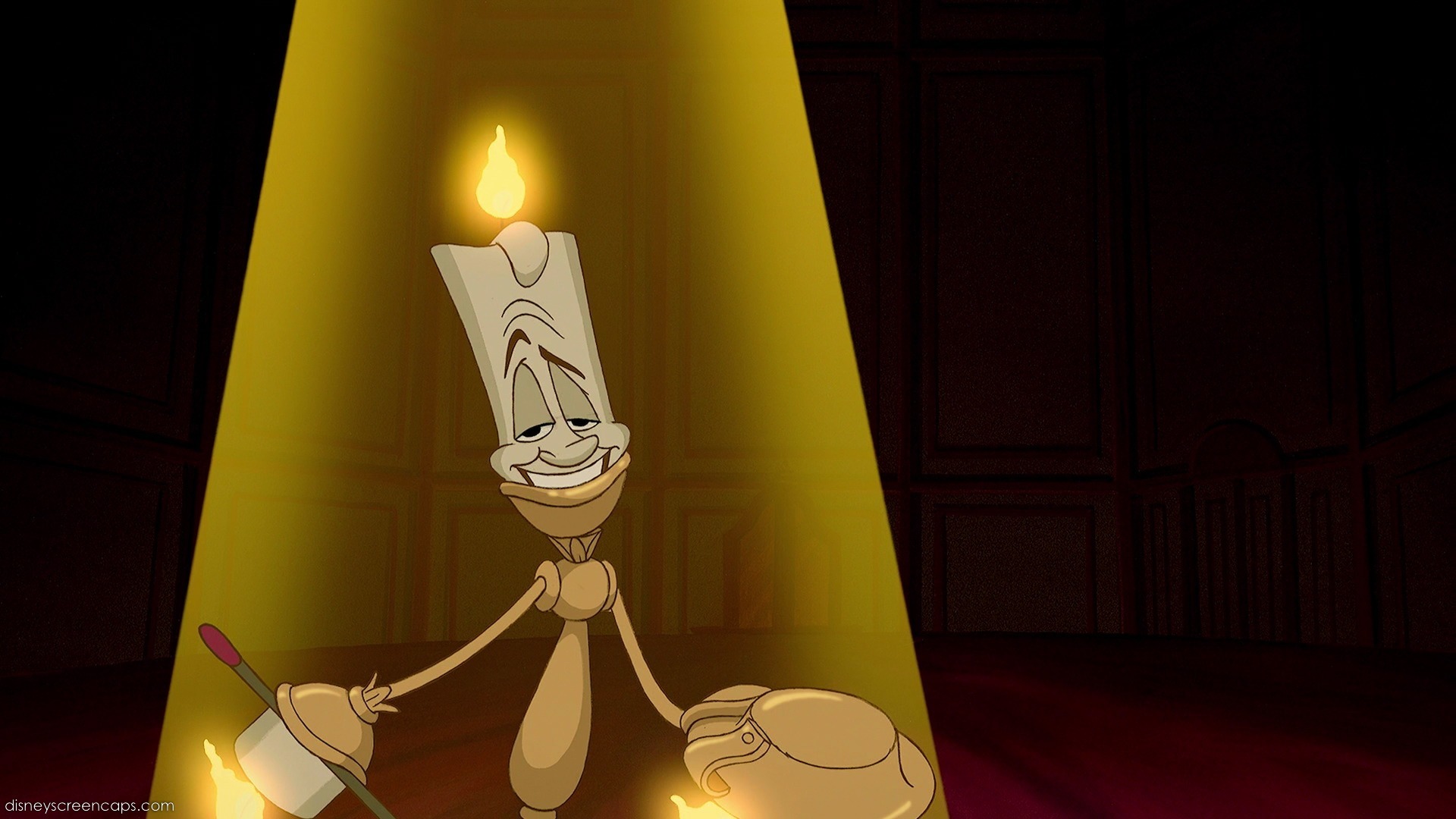
The Internet of Things has
always felt like an impulse-without-logic category. It reminds you of Jeff
Goldblum’s quote from “Jurassic Park” on the ethics of making dinosaurs—“Your
scientists were so preoccupied with whether or not they could, they never
stopped to think if they should.” So we can put a chip in literally everything.
Should we? And to what end? Nobody seemed to asking the important question of
“why” when it comes to IOT.
Like a lot of things, our
ability to achieve something often races ahead. Ahead of what? Typically
usefullness. But there are things beyond pure utility that stimulate adoption.
Things like story.
And that’s where an emerging
subset of IOT is getting traction. A subset called “Enchanted Objects”. Simply
put, Enchanted Objects are really just connected objects with a magical
context. Where technology infuses ordinary things with a bit of magic to create
a more satisfying interaction and evoke an emotional response. And nobody is
more on the forefront of enchanted objects than David Rose who is head of the
“Tangible Media Group” at MIT.
Rose is a pretty interesting
guy. Both for the things he creates. And the things he bemoans. Things like
cell phones.
“They’re not doing a lot for
you unless you’re constantly interacting with them,” he offers. “These devices
are like small children—They require constant attention, feedback and
interaction.”
Rose’s world is already
filled with these objects. Remember “Sting” the sword from “Lord of The Rings”
that would glow blue when Orcs are near. Rose has rigged an umbrella with a
handle that glows blue when rain is in the forecast. It’s really the
frictionless interplay between story and utility. Here are just a few of the
other things he’s working on:
-Cutlery and condiments that
measure your eating habits.
-A teleporting cabinet.
Where you open a very analog hinged wooden door and a screen aut0-skypes a
preset destination.
-Talking pill bottles.
-Curtains you open by waving
your hands.
-An orb that glows when a
stock you own goes up in value.
Part of Rose’s idea is that
story and narrative come through substance. Screens are ultimately screens. But
there’s something infinitely more satisfying about mixing the modern notion of
chip embeds with wood or cork or stone. These substances are age old, so
filling them with responsive capacity makes the experience seem all the more
magical.
Also interesting is
transmedia play or transmedia storytelling.
Typically this
transmediation just bounces between screens and more analog technologies tied
to them (Like landline telephones). But pair a smartphone with a toy or stuffed
animal with a chip in it, and transmedia play seems ripe for innovators to go
nuts.

No comments:
Post a Comment